Larry Kramer
Birth : 1935-06-25, Bridgeport, Connecticut, USA
Death : 2020-05-27
History
Laurence David Kramer (June 25, 1935 – May 27, 2020) was an American playwright, author, film producer, public health advocate, and gay rights activist. He began his career rewriting scripts while working for Columbia Pictures, which led him to London, where he worked with United Artists. There he wrote the screenplay for the film Women in Love (1969) and received an Academy Award nomination for his work.
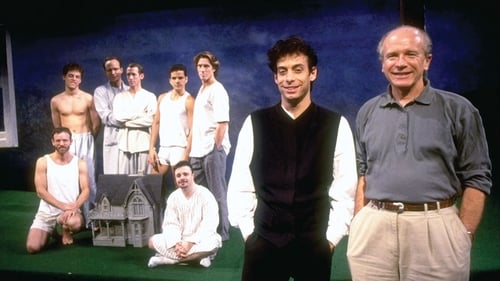
Self
The life of Tony-winning playwright Terrence McNally (Master Class, Ragtime): 60 years of groundbreaking plays and musicals, the struggle for gay rights, addiction and recovery, finding true love, and the relentless pursuit of inspiration.

Self (archive footage)
Though legendary lyricist Howard Ashman died far too young, his impact on Broadway, movies, and the culture at large were incalculable. Told entirely through rare archival footage and interviews with Ashman’s family, friends, associates, and longtime partner Bill Lauch, Howard is an intimate tribute to a once-in-a-generation talent and a rousing celebration of musical storytelling itself.
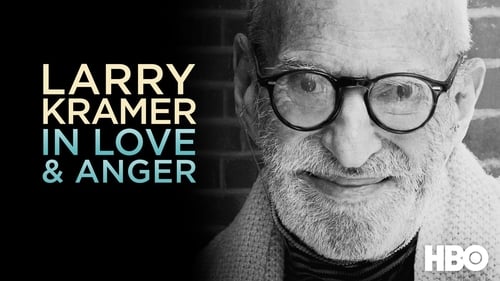
Himself
From the onset of the AIDS epidemic, author Larry Kramer emerged as a fiery activist, an Old Testament-style prophet full of righteous fury who denounced both the willful inaction of the government and the refusal of the gay community to curb potentially risky behaviors. Co-founder of both organization Gay Men's Health Crisis and the direct action protest group ACT UP, Kramer was vilified by some who saw his criticism to be an expression of self-hatred, while lionized by others who credit him with waking up the gay community — and, eventually, the government and medical establishment — to the devastation of the disease.
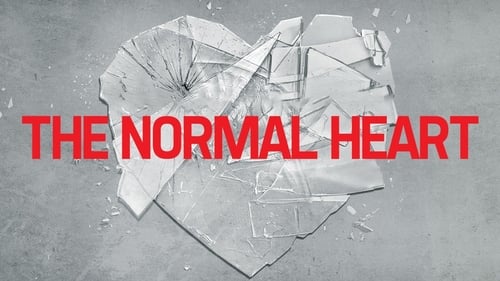
Writer
The story of the onset of the HIV-AIDS crisis in New York City in the early 1980s, taking an unflinching look at the nation's sexual politics as gay activists and their allies in the medical community fight to expose the truth about the burgeoning epidemic to a city and nation in denial.
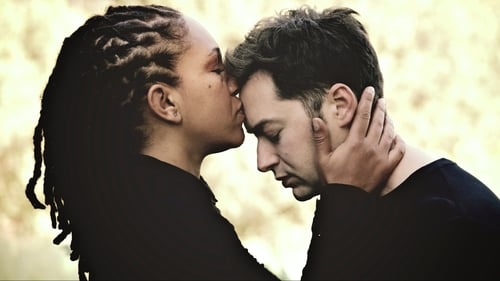
Self
Terrence McNally’s Corpus Christi is a play retelling the Jesus story, with Jesus as a gay man living in the 1950s in Corpus Christi, Texas. This documentary follows the troupe, playwright, and audience around the world on a five-year journey of Terrence McNally’s passion play, where voices of protest and support collide on one of the central issues facing the LGBT community: religion.

Himself
Through the voices of Americans from all walks of life, The Out List explores the identities of the lesbian, gay, bisexual, and transgender community in America. In this series of intimate interviews, a diverse group of LGBTQ personalities bring color and depth to their experiences of gender and sexuality. With wit and wisdom, this set of trailblazing individuals weaves universal themes of love, loss, trial, and triumph into the determined struggle for full equality.

Himself
A story of two coalitions – ACT UP and TAG (Treatment Action Group) – whose activism and innovation turned AIDS from a death sentence into a manageable condition. Despite having no scientific training, these self-made activists infiltrated the pharmaceutical industry and helped identify promising new drugs, moving them from experimental trials to patients in record time.

The story of the AIDS epidemic from its early, ominous beginnings and the wave of death that followed, through the formation of ACT UP and the arrival of life-prolonging medicines. This program is comprised of interview outtakes from the documentary motion picture VITO, about gay activist and film historian Vito Russo.

Joe Papp, the founder of the New York Shakespeare Festival and, subsequently, The Public Theater—arguably the most important theatre in North America—is profiled in this documentary that neither sanctifies nor vilifies him. He brought us free Shakespeare in the Park, Hair and A Chorus Line, and nurtured many of America’s greatest playwrights, directors and actors. His complex personality and mercurial behavior are much in evidence and spoken of with frankness through interviews with some of America’s most celebrated artists, including Meryl Streep, Christopher Walken, Martin Sheen, Kevin Kline, and James Earl Jones.

Himself
The Emmy Award-nominated 30 Years from Here examines the AIDS pandemic over the past 30 years. Activists and medical experts that share stories include Terrence McNally, Larry Kramer, Marjorie Hill, Frank Spinelli, Jerry Mitchell, and Larry Flick.

Himself
In the aftermath of Stonewall, a newly politicized Vito Russo found his voice as a gay activist and critic of LGBTQ+ representation in the media. He went on to write "The Celluloid Closet", the first book to critique Hollywood's portrayals of gays on screen. During the AIDS crisis in the 1980s, Vito became a passionate advocate for justice via the newly formed ACT UP, before his death in 1990.
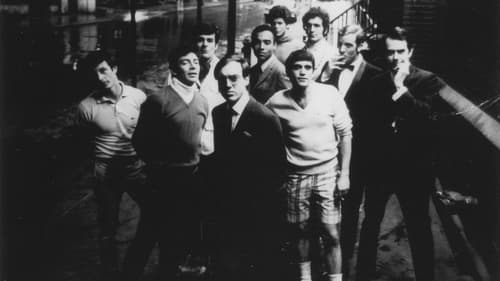
Himself
Before Prop 8, Milk or Will & Grace, before the AIDS epidemic, gay pride parades or the Stonewall uprising, "The Boys in the Band" changed everything. "Making the Boys" explores the drama, struggle and enduring legacy of the first-ever gay play and subsequent Hollywood movie to successfully reach a mainstream audience. Featuring anecdotes from the surviving cast and filmmakers, as well as perspectives by legendary figures from stage and screen, it traces the behind-the-scenes drama and lasting legacy of this cultural milestone.

Himself
Sex Positive explores the life of Richard Berkowitz, a revolutionary gay S&M hustler turned AIDS activist in the 1980s, whose incomparable contribution to the invention of safe sex has never been aptly credited. Mr. Berkowitz emerged from the epicenter of the epidemic demanding a solution to the problem before the outside world would take heed. Now destitute and alone, Mr. Berkowitz tells his story to a world who never wanted to listen.
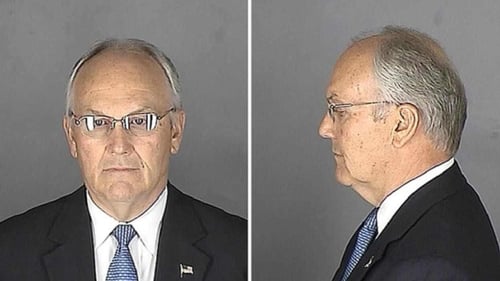
Self
An indictment of closeted politicians who lobby for anti-gay legislation in the US.

Self
Inspired by a collection of personal notebooks, this feature-length director’s cut of the short film by the same name is an experimental documentary on art, AIDS and activism. Following James Wentzy from South Dakota to New York City, the film traces his days from struggling and surviving as an artist to later becoming an AIDS video activist. In showcasing a unique individual through his involvement with the fight against AIDS and his tireless frontline reportage of the crisis, The Books of James is an intimate portrait of a neglected everyman/hero and unearths a time now forgotten.
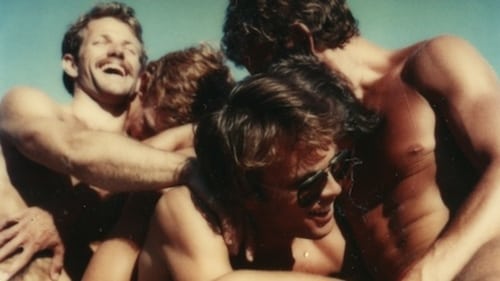
Himself
A chronicle of gay culture in New York during the post-Stonewall, pre-AIDs era. Thirteen men and one woman look back at gay life and sex in Manhattan and Fire Island - from Stonewall (June, 1969) to the first reporting on AIDS (June, 1981). They describe the rapid move from repression to celebration, from the removal of shame to joy, the on-going search for "someone," the freedom before AIDS, the friendships, and brotherhood.

Archival Footage Coordinator
10 years after the release of "Philadelphia," director Jonathan Demme, Tom Hanks, Denzel Washington and others discuss about the making of that film and it's important legacy through the years of being the first mainstream Hollywood film about dealing with the topic of Aids, revealing its impact on culture and society. Cast and crew talk about the inception of the project, the making of it and curious stories about one of the greatest hits of 1993.

Self
This sequel to "Before Stonewall" documents the history of gay and lesbian life from the riots at Stonewall in 1969 to the present. Narrated by Melissa Etheridge, the film explains the work, struggles, victories, and defeats the gay community has weathered to become a vibrant and integral part of North American society.

Himself
In New York City, a distraught activist confronts the mayor with a story of a friend who languished on a cot in an emergency room hallway for nine days, only to die 48 hours after leaving the hospital. In 1988, thousands of activists hold the Food and Drug Administration under siege, demanding speedier drug approval. In 1990 AIDS activists converge on the National Institute of Health, calling for a more equitable clinical trial system and expanded research into new drugs and treatment. Voices From the Front, the first feature-length documentary on AIDS activism in America, makes clear the emotional and political effects of community activism using the voices of those directly engaged. It is a powerful distillation of pictures and words from events organized to change public consciousness, expose the failure of the health care systems, and challenge government inaction and neglect concerning AIDS.

Himself
This film powerfully documents New York City's gay community's response to the AIDS crisis as they are forced to organize themselves after the government's failure to stem the epidemic. Activists who are interviewed include playwrite Larry Kramer, People With AIDS Coalition co-founder Michael Callen (who died of AIDS in 1994), New York filmmaker and journalist Phil Zwickler, as well as representatives from ACT-UP, Queer Nation and the Gay Men's Health Crisis.
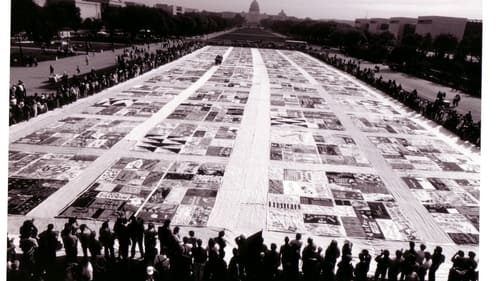
Self (archive footage)
On the eve of 1987's Second National March on Washington for Lesbian and Gay Rights, surviving families and friends of people who have died of AIDS prepare panels to be added to a large-scale memorial quilt project. Drawing from the sea of names memorialized, director Robert Epstein focuses on the lives of six people. Alongside the intimate profiles offered, through news footage and interviews, Epstein puts the AIDS crisis in the larger context of social and government response to the disease.
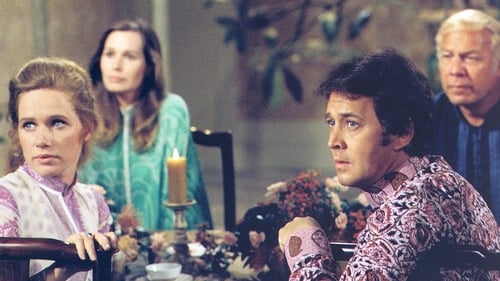
Screenplay
While escaping war-torn China, a group of Europeans crash in the Himalayas, where they are rescued and taken to the mysterious Valley of the Blue Moon, Shangri-La.
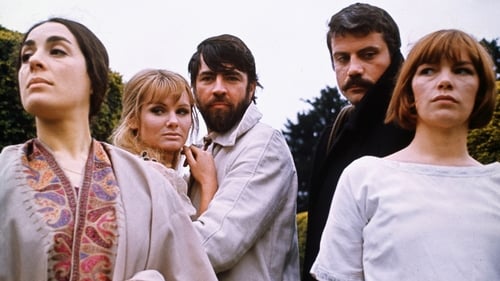
Producer
Growing up in the sheltered confines of a 1920's English coal-mining community, free-spirited sisters Gudrun and Ursula explore erotic love with a wealthy playboy and a philosophical educator, with cataclysmic results for all four.

Writer
Growing up in the sheltered confines of a 1920's English coal-mining community, free-spirited sisters Gudrun and Ursula explore erotic love with a wealthy playboy and a philosophical educator, with cataclysmic results for all four.

Associate Producer
Jamie McGregor (Barry Evans) is a virginal sixth-former in suburbia delivering groceries for the local supermarket, but he is more interested in other matters - Mary, Linda, Paula and Caroline. He tries to seduce the girls of his dreams in the swinging sixties.

Additional Dialogue
Jamie McGregor (Barry Evans) is a virginal sixth-former in suburbia delivering groceries for the local supermarket, but he is more interested in other matters - Mary, Linda, Paula and Caroline. He tries to seduce the girls of his dreams in the swinging sixties.

Writer
A dazzlingly mod yet oddly old-fashioned romantic view of heterosexual couples in the swinging youth scene of 1960s London.

















